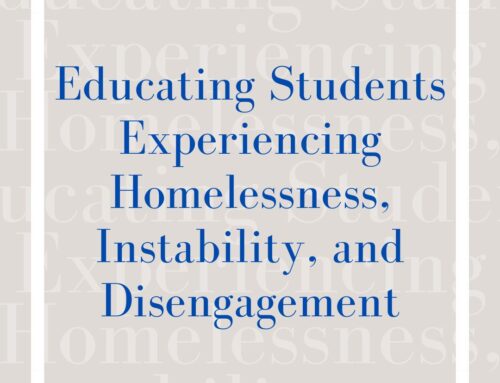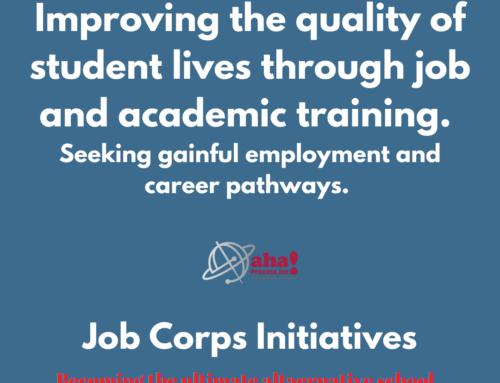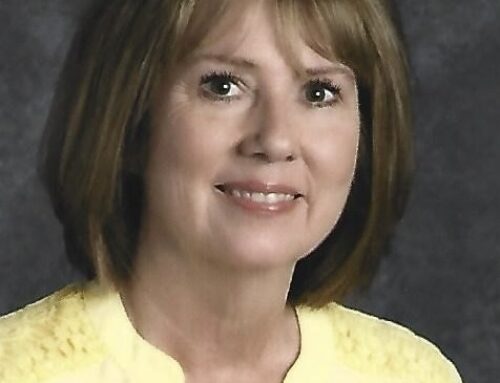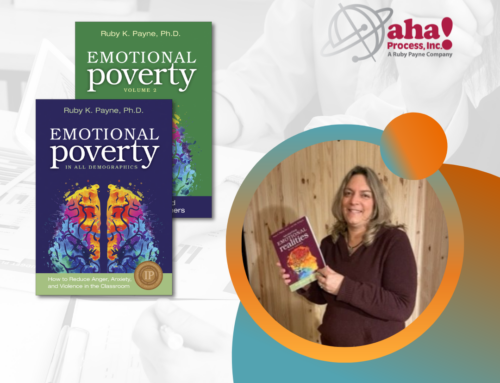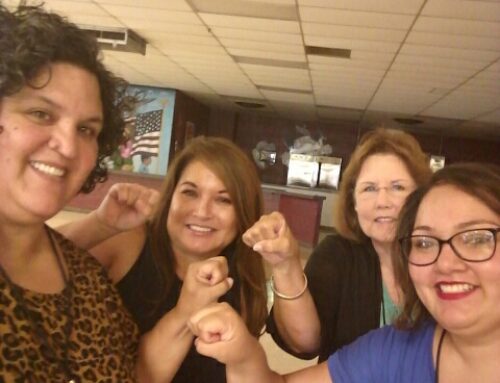@rubyKpayne
O, crystal ball, what do you see?
THE SAME …
- Research shows that all learning is double-coded—emotionally and cognitively. We learn and grow through relationships. Our brains clearly value person-to-person interaction.
- Early learning will still be important. It is when the human brain is most pliable.
- Use of assessments to determine mastery and growth will still be around.
- Education will remain a legislative football—multiple gyrations on the theme. Why? It is one of the largest budgets that states have. Private companies, parent demands, and legislative action (e.g., 504) all impact the conversation.
MOVING TO …
- Stackable credentials to include: work experience, references, certificates of completion, internships, life experience, portfolios, videos
- Shift away from school sports to club sports; physical education in schools will be more about lifetime fitness activities
- Smart assistants: robots trained to offer support and assistance
- Project-based learning
- Multiple measures and assessments rather than one or two tests
- Community capacity: Does community have infrastructure to support human capacity development for all ages?
- Dual language options
- Virtual learning experiences
DIFFERENT …
- Meshing of technology with human brain; embedded organic chips in brains as “memory cards”—augmentation and implantation (Kurzweil)
- Neurobiology: Students will be assessed for pharmaceutical enhancements/adjustments through medicine and food; the latter will be developed for individuals with medicine embedded
- Parent-managed learner profiles—much more personalized and privatized; consultants will help with management of profiles
- Funding will follow students and be portable, have multiple providers, and may be weighted—more money if you’re low-income (Vander Ark)
- Learning will be lifelong, continuous—birth through death
- “Designer children” will be genetically enhanced in vitro (Kurzweil)
REMINDER
All crystal balls are sometimes cloudy. They have the capacity to miss wars, pandemics, meteors, and the possible destruction of the Internet. But some of these issues have already begun to emerge. Just as we moved from the one-room schools to county schools to city schools to graded classrooms, we’re now moving to virtual classrooms. And so it will be with the coming changes. As often has been stated, the only constant in life is change.
Ruby K. Payne, Ph.D. is the founder of aha! Process and an author, speaker, publisher, and career educator. Recognized internationally for A Framework for Understanding Poverty, her foundational book and workshop, Dr. Ruby Payne has helped students and adults of all economic backgrounds achieve academic, professional, and personal success.

